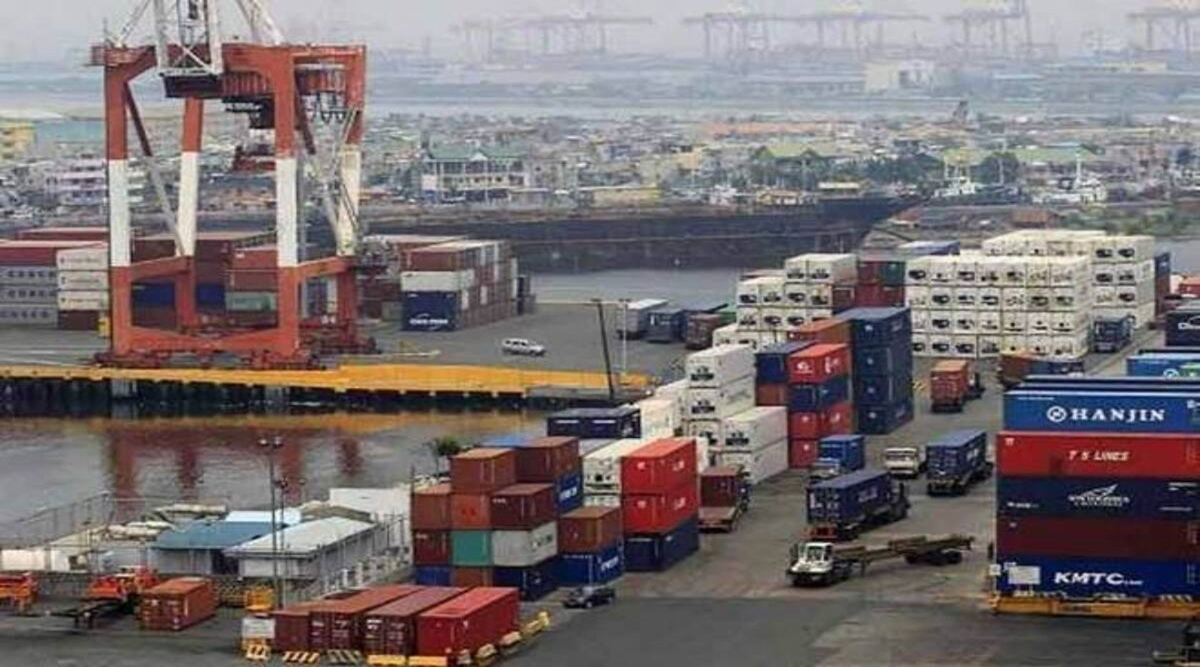In a bid to enhance economic competitiveness and reduce dependency on imports, India is facing calls from the Global Trade Research Initiative (GTRI) to streamline its customs duty framework and overhaul key economic policies. The GTRI report highlights that India’s current customs duty structure, unchanged for two decades, comprises over 27 different duty rates across more than 100 specific or mixed duty slabs. This complexity has resulted in a situation where a significant portion of customs duty revenue is generated from a small fraction of tariff lines.
According to GTRI, adjusting the average import tariff from the current 18.1% to below 10% is feasible through strategic reforms without compromising on essential imports. This move not only aims to improve India’s trade relations but also addresses international concerns regarding the country’s high import tariffs.
The report further recommends a substantial increase in the Goods and Services Tax (GST) exemption threshold from ₹40 lakh to ₹1.5 crores. This adjustment, GTRI argues, would provide a transformative boost to India’s Micro, Small, and Medium Enterprises (MSME) sector, facilitating job creation and economic growth. By reducing the GST compliance burden on smaller businesses, the proposed change is expected to streamline tax administration and curb tax evasion associated with fake invoices.
Moreover, GTRI advocates for simplifying the criteria under the Production Linked Incentive (PLI) scheme to encourage greater participation from manufacturers. Currently, stringent conditions on investment, production, sales, and localization have limited the scheme’s effectiveness, with underutilization of funds being a persistent challenge.
In addition to domestic policy reforms, the report underscores the importance of evaluating India’s existing Free Trade Agreements (FTAs) and refining ongoing negotiations to align with national economic objectives. With India heavily reliant on Chinese imports across various industrial sectors, including pharmaceuticals and electric vehicles (EVs), strategic initiatives are crucial to diversify supply chains and bolster domestic manufacturing capabilities.
The growing dependence on Chinese imports, particularly in sectors like pharmaceuticals and EVs, poses significant risks to India’s economic and national security. The report advocates for prioritizing domestic production of Active Pharmaceutical Ingredients (APIs) and fostering indigenous capabilities in EV manufacturing to reduce reliance on Chinese components.
As India navigates these economic challenges, the recommendations put forth by GTRI underscore the need for a comprehensive policy overhaul to promote sustainable economic growth, enhance industrial competitiveness, and safeguard national interests against external dependencies.


